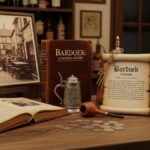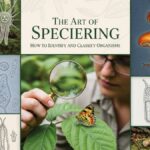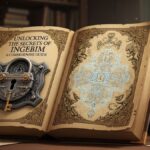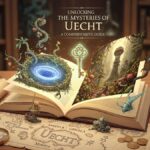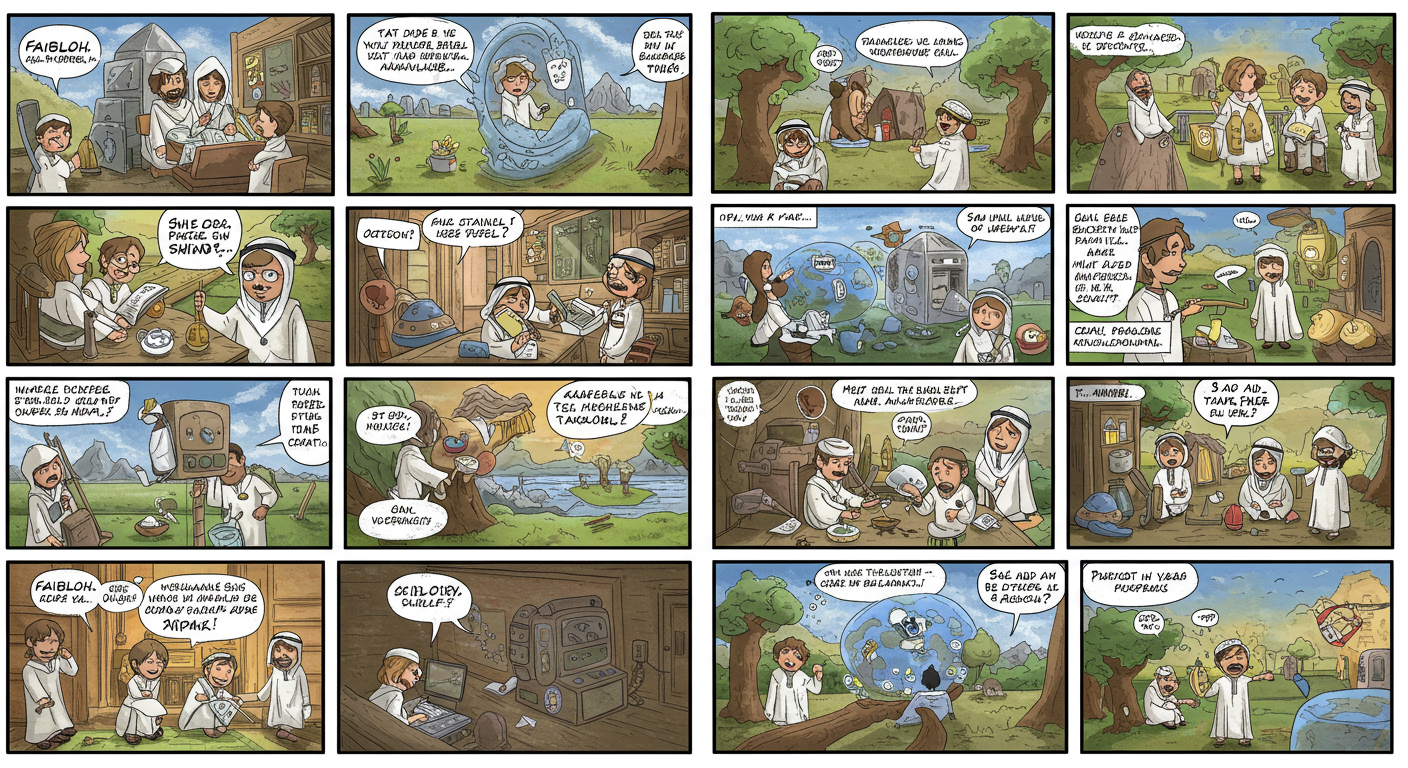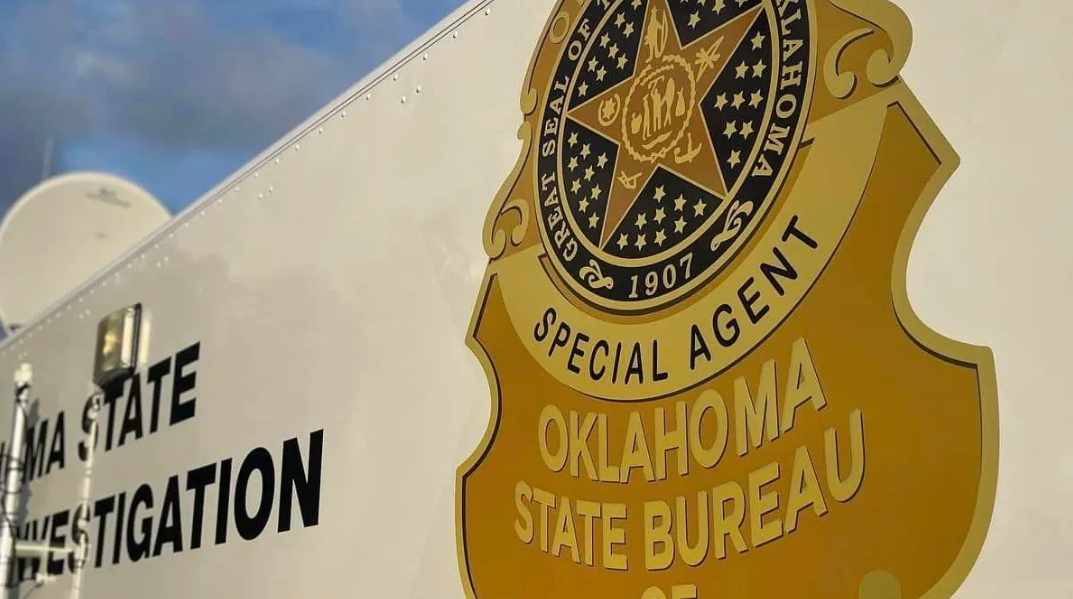Sarah Cortez has been in law enforcement since 1993. She began her career as a full-time police officer with the University of Houston Police Department and then went to work at Harris County, Precinct Four. She is currently a reserve deputy with the Harris County, Precinct four. During her career she has worked as a patrol officer, field training officer and sexual assault investigator. After her writing career began, she continued in law enforcement as a reserve police officer and been assigned as a juvenile bailiff, worked undercover during alcohol stings and assisted with the service civil processes. Sarah Cortez is the author of How to Undress a Cop: Poems and Cold Blue Steel, and a coauthor/editor of Hit List: The Best of Latino Mystery and You Don’t Have a Clue: Latino Mystery Stories for Teens and an editor of Our Lost Border: Essays on Life amid the Narco-Violence; and, Tired, Hungry, and Standing in One Place for Twelve Hours: Essential Cop Essays.
Sarah Cortez said of her writing, “One of the most important defining characteristics of both myself and my writing is having been born in Houston and having lived here most of my life. I am deeply proud of being a Houstonian. What is often described as a “free-wheeling” atmosphere here has produced an “anything goes” attitude — an important component of both the entrepreneurial/economic realm and the artistic realm. The hard-working and civic-minded ethics of my parents, who moved to Houston after my dad’s discharge following World War II, set me up well for whatever would follow the traditional, Catholic schooling of elementary and high school years.Even before age five, I remember being in love with the written word. At that time, my mother was an elementary school teacher, and she hand-made my first books, sewing the binding with white thread on her sewing machine. I hadn’t yet entered kindergarten but how I loved those books with only a few words and large pictures that she had crafted for me.
Various other people unknowingly made sweet and caring contributions to my childhood love of writing. One of my dad’s older sisters and I wrote and mailed little letters to each other. Even though she was married and busy with her own teaching career, she always wrote back to me. During one of the rare trips to her home, she showed me the special box where she kept all my letters tied up in satin ribbon. I was overwhelmed — I was important and what I wrote was important to someone.
Through other various careers (e.g. high school teacher, tax accountant, employee benefits consultant) I still carried the dream to be a writer. In the late 1980’s I took several courses from the University of Houston’s Creative Writing department. At that point, I was fascinated by the short story and focused on writing in that form. Several pieces were published in literary journals or anthologized.
In 1992 I began writing poetry. To this day I have no idea what changed the focus of my writing. Every time I sat down to write, poetry came out on the page, not fiction.
Several years went by in my policing career before I began writing about police work. The first poem in that subject area was “Rosie Working Plain Clothes” — a humorous piece. Many of the later poems touch on death or things that are worse. It is my hope that some of these poems will spark understanding in civilians of the incredible paradoxes police officers have to deal with and work under on a daily basis. Law, justice, mercy — they’re all imperfect. Police officers work with these imperfections every day or night, then go home, and try not to get eaten up by them.
To date, I have won the 1999 PEN Texas Literary Award in Poetry and placed semi-finalist in the 2000 Fourteenth Annual Louisiana Literature Prize for Poetry. I have also been awarded the position of Visiting Scholar in the University of Houston’s Center for Mexican American Studies for an unprecedented two consecutive years (1999-2001).”
According to the book description of Tired, Hungry, and Standing in One Place for Twelve Hours: Essential Cop Essays, “Over twenty years ago, Sarah Cortez left a flourishing corporate career to strap on a gun, and police the streets. Transitioning from designer heels and a high-rise office to a low-bid, agency-owned Crown Vic wasn’t easy, but it delivered exactly what she desired. In these highly-charged personal reflections, Cortez reveals the complicated machinery of a cop’s heart, mind, and soul by dissecting the differences between cops and civilians. A must-read to understand the intangibles demanded by policing—courage, determination, patience, and a belief in justice—despite the grimy backdrop where life can become death in an instant.”
According to the book description of Cold Blue Steel, it “contains fifty lyric poems set in the world of the urban street cop in Houston, the nation’s fourth largest metropolis. In the patrol car, at scenes of suicides and DOAs, in the overtime reality of aching feet and sweating torsos, the reader experiences the hard realities and unexpected luminosities of doing America’s most dangerous job.”
According to the book description of How to Undress a Cop: Poems, “It’s not every book of poetry that includes an “Ode to Body Armor.” But then, it’s not every poet whose experience in academia includes a stint at the police academy. The poems of Sarah Cortez are tough-minded, verbally supple, and often deeply erotic. And each of these fifty lyric poems displays her many facets: the street smarts of a law enforcement officer, the bilingual vocabulary of a proud Mexican American; the linguistic dexterity of an erstwhile Latin teacher; and the frank sensuality of a strong and spirited woman.”
One reader of How to Undress a Cop: Poems said, “Sarah Cortez is a poet, teacher, and cop in Houston, Texas. Her work is tough, sensual, and very sexual. Her job as a cop and her Latina heritage flavor her poems. This is a beautiful piece of work from a poet who has a lot of potential to be great. She has the flavor of those ‘bad girl’ poets (like Kim Addonizio, Dorianne Laux, and their matriarch-Edna St. Vincent Millay). This is a strong collection, and I recommend it wholeheartedly.”
One reader of How to Undress a Cop: Poems said, “whoa…this book is soooo hot, it could scorch your fingers….not many poets can mix erotica with police work and pull it off without making it seem schlocky…in fact, I don’t think I’ve ever read a book like this…rather than cloud her poems with ambiguities, she tell you straight up about what it’s like being a cop, a woman, and a Mexican American in America, sometimes, all three at the same time…she can make a poem about wearing a bulletproof vest interesting…what i love ( and i mean love ! ) about these poems, is she shows you her world without the taint of political correctness, which i think is the worst thing that has ever happened to art, because it has kept people from saying what they really mean…you see her frustrations as a cop, when she realizes she can’t win every battle; the men she works with as she tries to gain their respect…her own struggles in her personal life as she loves men of brown and white shade and possible not a man at all? after reading this book. I respect her for the job she does, and for showing her sensuality unabashed on verse.”
According to the book description of Hit List: The Best of Latino Mystery, “In Lucha Corpi’s story, ”Hollow Point at the Synapses,” her unique narrator a bullet describes the instant before killing a young Peruvian woman: ”I feel the pull of the hammer. The pressure mounts. I am now in place. The moment is upon me. Swiftly and efficiently, I will do what I must, what I was created for. In an instant, I am off, traveling at a speed reserved only for death.”
This groundbreaking anthology of short fiction by Latino mystery writers, Hit List: The Best of Latino Mystery, features an intriguing and unpredictable cast of sleuths, murderers and crime victims. Reflecting the authors’ and society’s preoccupation with identity, self, and territory, the stories run the gamut of the mystery genre, from traditional to noir, from the private investigator to the police procedural, and even a ”chick lit” mystery.
”The Right Profile” features a Miami private investigator who goes undercover to prove a deadbeat father can pay child support, and she delights in testifying against him in court. In ”The Skull of Pancho Villa,” someone has stolen the family heirloom and it’s up to Gus Corral to get it back. And in ”A New York Chicano,” a successful bachelor from El Paso a graduate of NYU working for Merrill Lynch in Manhattan gets his revenge against a xenophobic newscaster.
Hit List collects for the first time short fiction by many of the Latino authors who have been pioneers in the mystery genre, using it to showcase their unique cultures, neighborhoods and realities. Contributors include award-winning writers such as Carolina Garcia-Aguilera, Alicia Gaspar de Alba, Rolando Hinojosa, Manuel Ramos and Sergio Troncoso, as well as emerging writers who deserve more recognition.”

